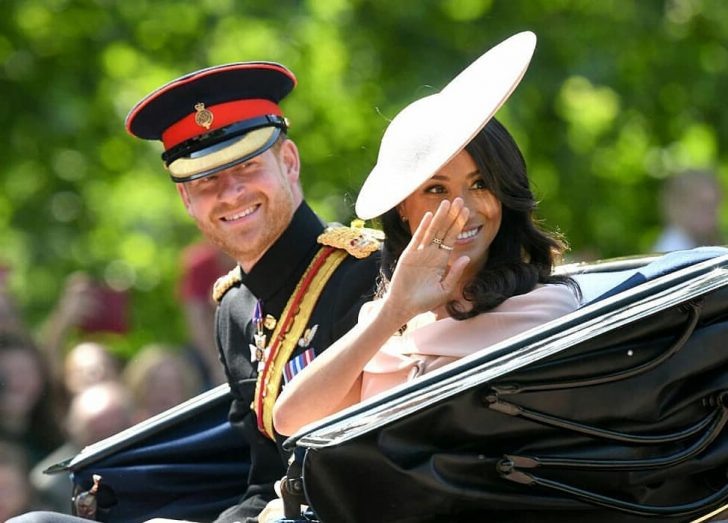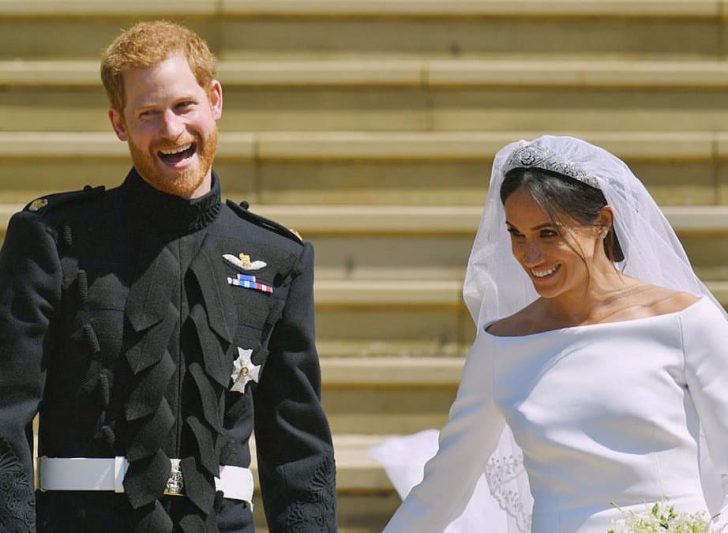It is not every day that a member of the royal family takes a stand against the media giants. But when they do, it certainly makes headlines. Prince Harry's recent victory in the phone-hacking case against the Daily Mirror is a case in point.
Let’s dive into what this win means for him and the broader implications for media ethics and privacy.

Harry Fan Page / IG / Hailing the winning, Prince Harry said that it is a “warning to all media organizations” in the U.K.
The Case Overview
The lawsuit against Mirror Group Newspapers (MGN) was a significant one. Prince Harry accused them of extensive phone hacking activities spanning from 2006 to 2011. This time frame is crucial as it includes the period during the Leveson inquiry into media standards.
Justice Fancourt's ruling revealed that unlawful information gathering was rampant across all three Mirror Group titles. The use of private investigators was not just a one-off but an integral part of their system.
Prince Harry’s Reaction: A Victory for Truth
Upon winning the case, Prince Harry described it as a “great day for truth.” The Duke of Sussex was awarded £140,600 ($178,900) in damages, a sum that symbolizes more than just monetary compensation--it represents a stand against unethical media practices. His reaction emphasizes the importance of truth and integrity, especially in an era where privacy often seems like a forgotten concept.

Harry Fan Page / IG / Prince Harry calls the victory a “great day for truth” and wants the British authorities to do “their duties.”
The case also highlighted some high-profile reactions, notably from TalkTV presenter Piers Morgan. Known for his outspoken views, Morgan launched an attack on Prince Harry, accusing him of being disconnected from the truth.
Morgan defended his tenure as the editor, claiming innocence regarding phone hacking. His response adds a layer of controversy and debate to the case, highlighting the ongoing tension between public figures and the media.
The Implications for Media Ethics
This case is not just about Prince Harry. It is a much larger commentary on media ethics. The judge's ruling that phone hacking and unlawful information gathering were widespread practices sheds light on the darker side of journalism.
It raises crucial questions about the extent to which media outlets go to gather information and the ethical lines they are willing to cross.
The Impact on the British Monarchy
There is an even bigger picture here—the impact of such cases on the British monarchy. Prince Harry and his wife, the Duchess of Sussex, have been vocal about their struggles with the media.

Harry Fan Page / IG / This case adds another chapter to the Duke and Duchess of Sussex’s ongoing narrative of seeking respect for their privacy.
It also sets a precedent for future interactions between the media and the royal family.
The Future of Privacy and Media Standards
The verdict in Prince Harry's favor is a landmark moment in the battle for privacy. It sends a strong message to media outlets about the consequences of crossing ethical boundaries. The case could potentially lead to stricter regulations and higher standards in journalism, ensuring that privacy is not just a privilege for the few but a right for all.
Thus, Prince Harry’s victory in the phone-hacking case is more than just a personal win. It champions the cause of truth and privacy in an age where both are increasingly under threat. While the monetary compensation is significant, the real victory lies in the stand against unethical media practices and the hope for a future where privacy is respected.

